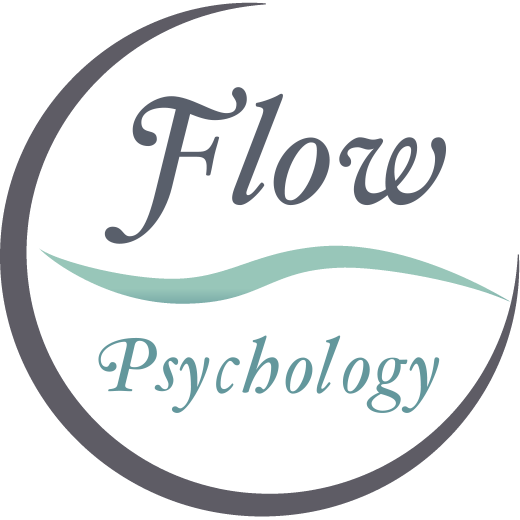
Most of us probably don’t believe we need a formal definition of happiness; we know it when we feel it, and we often use the term to describe a range of positive emotions, including joy, pride, contentment, and gratitude.
However, philosophers, theologians, psychologists, and even economists have long sought to define it. And since the 1990s, a whole branch of psychology—positive psychology https://flowpsychology.ie/positive-psychology/ has been dedicated to pinning it down. More than simply a positive mood, happiness is a state of well-being that encompasses living a good life, one with a sense of meaning and deep contentment.
It is your choice
What is one of the differences between you and a cat?
You have the choice and a cat relies on instinct. A cat gets up in the morning and instinctively stretches. You, on the other hand, ask will I choose to have a stretch or will I just go and get breakfast?
We have the ability to choose. Hardly a minute goes by in our lives when we don’t make them. Decisions can be as small as our choices of words or what to have for lunch, they can be as big as how to plan for retirement or what treatment to choose for a disease or will I hold onto the bad stuff that happened or the good stuff.
The problem for foe happiness is our negative bias.
Even when we experience numerous good events in one day, negativity bias can cause us to focus on the sole bad thing that occurred. It can lead us to ruminate on small things, worry about making a bad impression, and linger on negative comments.
Where does this bias come from? Can we learn to spot examples of negativity bias in real life? And how can we avoid falling into the trap of getting caught up in negative events?
Where does it come from?
Negativity bias is thought to be an adaptive evolutionary function. Thousands of years ago, our ancestors were hunter-gatherers and were exposed to immediate environmental threats that we no longer need to worry about, predators, for example, and being more attentive to these negative stimuli played a useful role in survival.
Negativity bias helps us avoid potentially harmful threats, although they probably are not a life or death situation
It’s hard to argue that a negative bias isn’t still helpful in some circumstances, but as we grow and society develops, this hardwired tendency is not as useful as it once was.
What does joy feel like?
Negative bias is like having an antenna on the top of your head looking for the bad stuff. So it makes it harder for us to see the positive things. We can practice being more aware of good things that happen around us but it takes a little more effort but helps us feel a little more joyful.
Feeling joyful has its health perks as well. Happiness can improve your physical health, feelings of positivity and fulfilment seem to benefit cardiovascular health, the immune system, inflammation levels, and blood pressure, among other things. Happiness has even been linked to a longer lifespan as well as a higher quality of life and well-being.
Achieving happiness is a global pursuit. Researchers find that people from every corner of the world rate happiness more important than other desirable personal outcomes, such as obtaining wealth, acquiring material goods, and getting into heaven.
When parents were asked what they thought was important for their children to learn at school they answered maths, language, history, biology, economics, science, business, and geography, but when they were asked what they wanted for their children, they answered fulfilment, confidence, kindness, love, health, balance, contentment, purpose, meaning, good stuff and of course, if we were honest, maybe a little more happiness than we had.
How to make the biggest decision of your life.

Happiness is not the result of bouncing from one joy to the next; researchers find that achieving happiness typically involves times of considerable discomfort. Genetic makeup, life circumstances, achievements, marital status, social relationships, and even your neighbours, all influence how happy you are. Or can be. So do individual ways of thinking and expressing feelings. Research shows that much of happiness is under personal control and our own choice.
Regularly making the decision to indulge in small pleasures, getting absorbed in challenging activities, setting and meeting goals, maintaining close social ties, and finding purpose beyond oneself all increase life satisfaction. It isn’t happiness per se that promotes well-being, it’s the actual pursuit that’s key.
Habits of happiness
Happy people live with purpose. They find joy in lasting relationships, working toward their goals, and living according to their values. There are some people who are not overjoyed with material goods or luxurious holidays. This person is fine with the simple pleasures of life like petting a dog, sitting under a tree, and enjoying a cup of tea. Here are some habits of happiness that you can choose
- open to learning new things
- high in humility and patience
- Smile and laugh readily
- Go with the flow
- Practices compassion
- be often grateful
- Exercises self-care
- Enjoy healthy relationships
- Is happy for other people
- Give and receive without torment
- Live with meaning and purpose
- Do not feel entitled and have fewer expectations
- Not be spiteful or insulting
- Don’t hold grudges
- Try not to register small annoyances
- No angst over yesterday and tomorrow
- Do not play games
- Not be a martyr or victim
- Never be stingy with their happiness
- And most important Choose happiness
For more about me go to https://flowpsychology.ie/about-flow-psychology/



